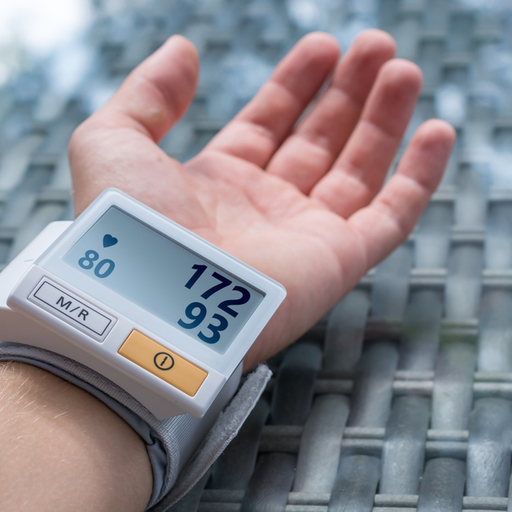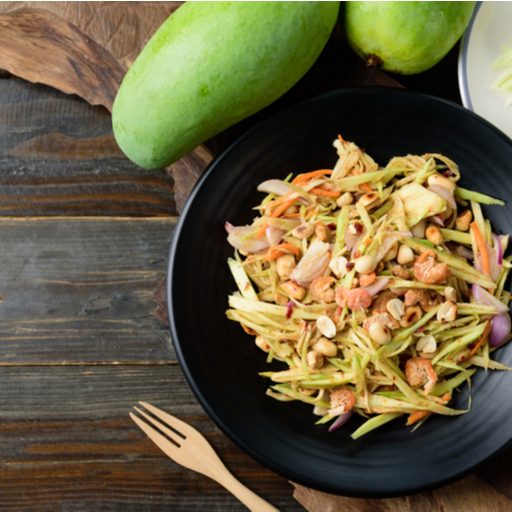The onset of summer marks the advent of seasonal issues that mess with your digestive system and gastrointestinal tract. Extreme heat during summers can lead to stomach ailments, dehydration, and diarrhea. Therefore, it is essential to eat healthy food and take special care of yourself when the temperatures are running high to keep digestive problems at bay.
Symptoms in summer

Extreme summers or a heatwave can often lead to gastroenteritis. Its symptoms include vomiting, dehydration, abdominal pain, nausea, stomach cramps, acid reflux, and blood in motions. With an increase in heat and humidity, the blood vessels and capillaries get dilated. More fluid gets filled into the spaces between organs and tissues resulting in bloating. Loss of excess water can lead to constipation and aggravate irritable bowel syndrome.
How to protect digestive system?
To take a break from the scorching heat and the health issues that it brings, follow these tips to beat the summer heat and protect your digestive system.

- Drink a lot of water to stay hydrated and replenish the fluids that you lose as a result of perspiration. Coconut water can be refreshing as it can help neutralize the acid levels in your stomach. It also makes for a great electrolyte. You can also wash down a glass of lime juice after a meal as it contains antioxidants and vitamin C. Fruit juices or buttermilk also cools your body down and protects you from the heat of summer.
- Consume lighter food and eat in smaller portions. You can also divide your day into short meals, providing an interval in between to ease the digestion process. Stomach-friendly foods such as fruits that have high water content (watermelons, apples, tomatoes, pineapples, and pears) and green leafy vegetables rich in fiber can go a long way in keeping digestive issues at bay. Include dry fruits in your meals as they contain vital proteins, iron, calcium, and vitamins.
- Have more probiotic and prebiotic foods in your meal for a healthy gut. The good bacteria present in the gastrointestinal tract facilitate smooth digestion and facilitate bowel movements. Yogurt is the best form of probiotic.

- Avoid spicy, junk or fried foods, especially during summers to avoid stomach inflation, heartburn or acidity, and bloating. Also, no matter how tempting roadside food may be, try to avoid them to prevent food poisoning.
- Avoid energy and caffeinated drinks, soda or other fluids with a high sugar content as they further cause dehydration.
- During summers, your body spends an adequate amount of energy to keep your internal temperature down. This diverts energy from other body processes like digestion. Therefore, if you eat slowly, your digestive system will be able to keep up with you. Cut your food into small pieces and enjoy each bite by chewing properly.
- It is also important to practice food safety. If food is left out at the wrong temperature, it can breed bacteria leading to food poisoning.
- Exercise daily to stay fit and active. However, plan your day around the sun to avoid excessive sweating.
Take care of your health this summer season. Get more information on fitness and mindfulness-related topics on the Activ Living page.





 1800-270-7000
1800-270-7000








